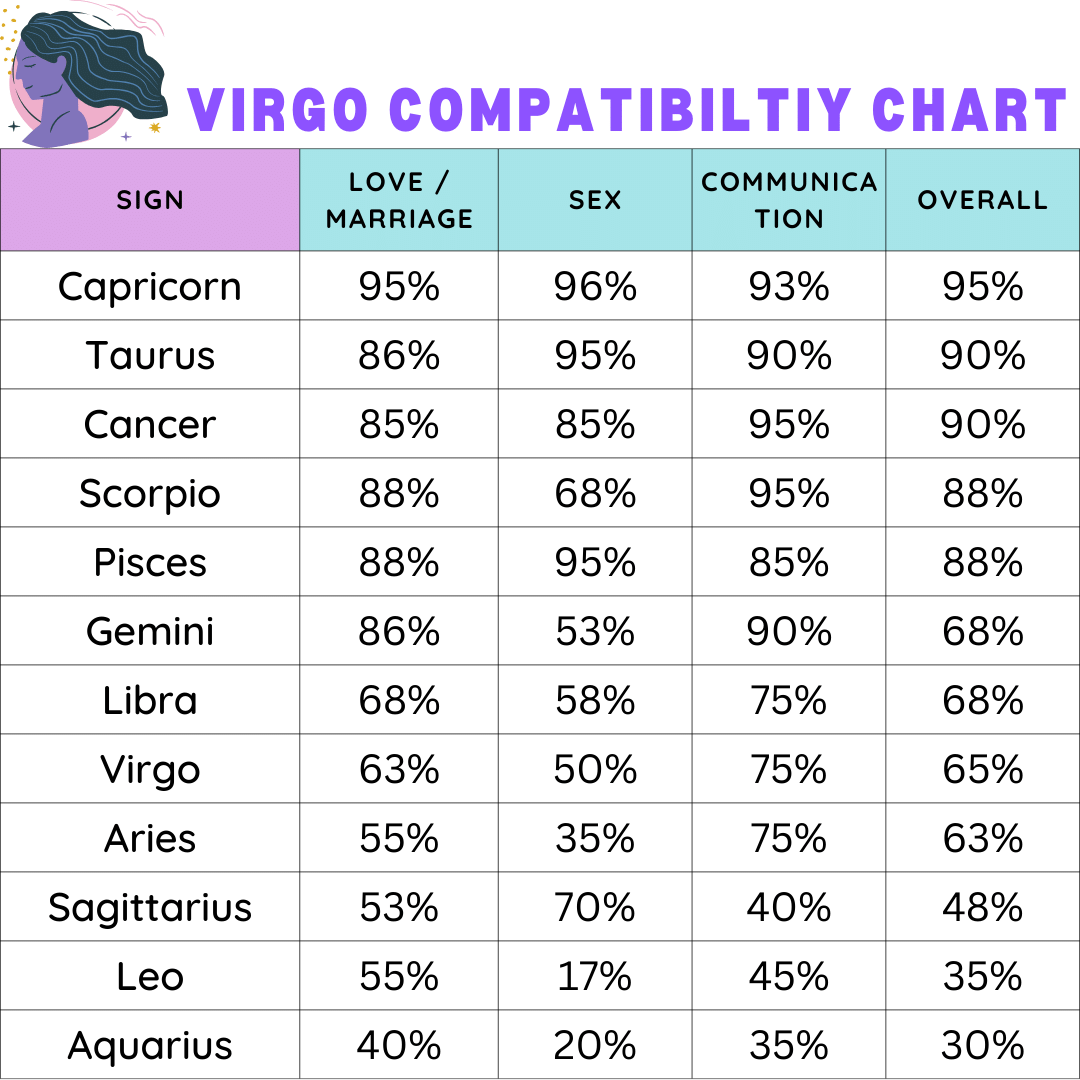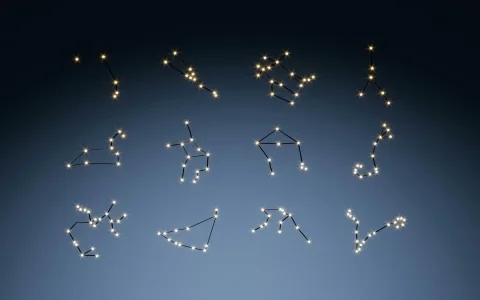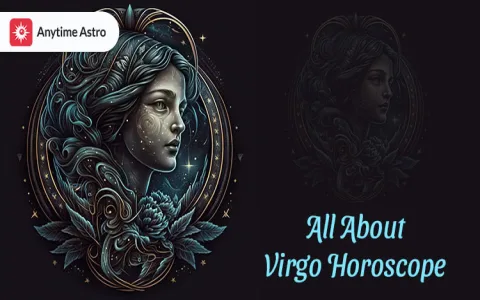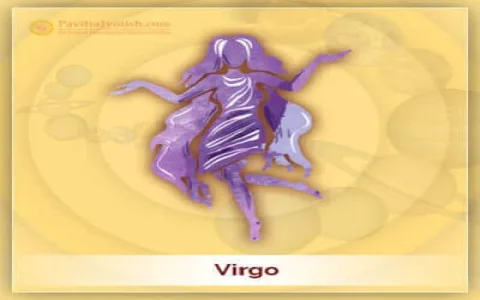You know, for years, I thought I understood the dating game. I figured if two people were smart, had good jobs, and could hold a conversation without checking their phones every five minutes, you were basically set. Astrology? That was for my overly enthusiastic aunt and those glossy magazines at the checkout line. I laughed at it. I outright dismissed it.
Then I hit my late thirties, and dating became less a game of chance and more an anthropological study of human dysfunction. I wasted months, maybe years, on relationships that felt like they were designed to fail from the jump. I tried the “just be spontaneous” method. I tried the “list of non-negotiables” method. They all ended up in the same place: me staring at the ceiling at 3 AM wondering why I couldn’t spot the red flags sooner.
The Catalyst: When Logic Failed
The real turning point, the moment I actually grabbed those star charts and started crunching numbers, was after the infamous ‘Anna incident.’ Anna was a textbook Virgo. Smart, detail-oriented, organized—on paper, she was perfect. I figured, I’m pretty grounded; this should be smooth sailing. I was dead wrong. We dated for exactly seven months, and those months felt like an internship where I was constantly being graded on my ability to fold laundry exactly right and use the correct shade of blue pen.

We broke up spectacularly over a chipped coffee mug. A single, small chip. That’s when I realized: these “traits” aren’t just quirks; they are absolute, unyielding requirements for their sense of security. My established methods of vetting a partner were useless because they didn’t account for the Virgo’s deep-seated need for operational excellence in their domestic life. It wasn’t about love; it was about efficiency.
I was so angry and frustrated—not at her, but at myself for missing the obvious. I decided to treat compatibility like a software architecture problem. I wasn’t going to read generalized horoscopes; I was going to find the specific code that either makes the Virgo system run smoothly or causes it to crash.
Building the Virgo Compatibility Matrix
I didn’t start with my own chart. That’s ego talking. I started retroactively analyzing every relationship I’d seen crash and burn, focusing heavily on all the Virgos I knew—friends, colleagues, siblings’ partners. I compiled a database of about 20 major Virgo relationship failures and 15 successes. I pulled their birth times (yes, I got invasive; you have to if you want real data) and mapped out their Sun, Moon, Mercury, and Venus placements.
Here’s what my practice spit out:
- The Myth of Earth Sign Compatibility: Everyone says Virgo loves fellow Earth signs (Taurus, Capricorn). That’s garbage. Taurus is too stubborn and luxury-focused for the practical Virgo, and Capricorn is too ambitious to care about the state of the spice rack. The Earth signs were my biggest failure rate.
- The Air Sign Trap (Gemini/Libra): I observed these pairings started hot and ended fast. Virgo needs routine; Air signs need novelty. The resulting conflict was pure mental stress for the Virgo, leading to rapid, analytical dumping.
- The Water Sign Solution (Scorpio/Cancer): This is where the magic started showing up. I discovered that the deep, emotional commitment of Cancer provides the Virgo with the security they need to relax their perfectionism. Scorpio’s intense loyalty satisfies the Virgo’s need for control and devotion. This wasn’t something I read; this was pure data telling me which systems actually stayed online.
I isolated the key Virgo trait that defines success: their partner must provide emotional stability and deep commitment, not just organizational synergy. If the partner gives them absolute faith, the Virgo uses that secure base to focus their need for perfectionism elsewhere, like their job, instead of on the relationship itself.
The Result of the Practice
I then applied this theory. I met a woman—a Cancer, naturally—who, on paper, was too emotional for my typical preferences. But I forced myself to stick to the compatibility architecture I had built. I listened to her emotional needs; I stopped trying to logically fix every issue and instead just validated her feelings. And guess what? The system worked. It has been the most stable, least drama-filled relationship I’ve ever managed to sustain.
The “guide” isn’t about finding another meticulous partner; it’s about understanding where the Virgo is compensating for a lack of security. You don’t try to match their detail-oriented nature; you flood the system with unshakeable emotional support. That’s the hack. That’s what seven months of misery and a spreadsheet the size of Texas taught me. You have to stop looking at the surface traits and dig into the underlying need—that need for absolute, faultless commitment. Once you provide that, their meticulous nature turns from a weapon into a helpful organizational tool. Trust me, I had to build this system from the ground up because the generic advice almost ruined my life.







